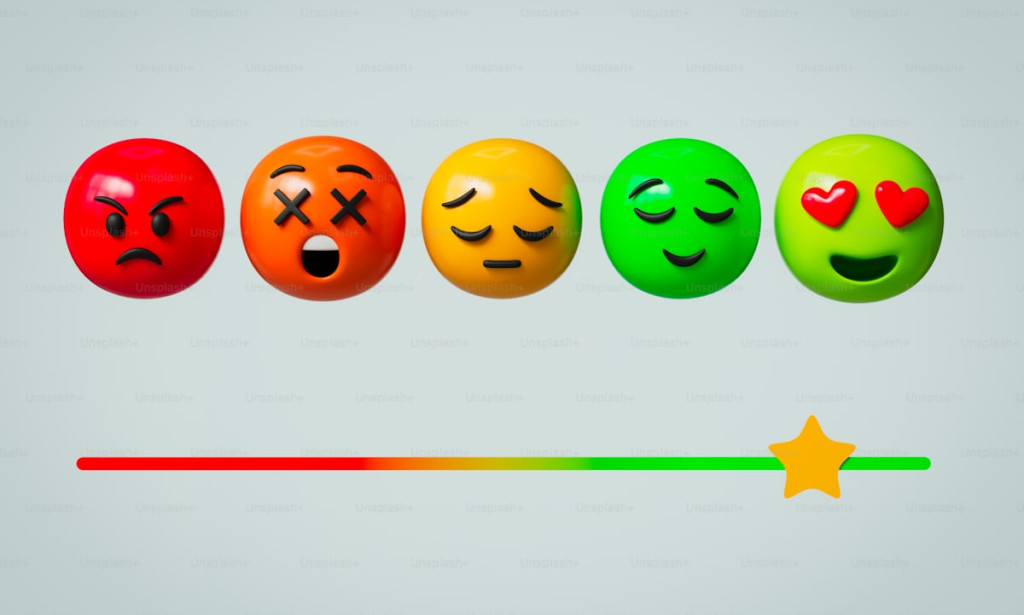Introduction
Everyone feels angry sometimes—it’s a natural human emotion. But while anger often gets a bad reputation, it doesn’t have to be destructive. When managed wisely, anger can become a powerful driving force that fuels growth, courage, and change. The key lies in learning how to transform that negative energy into positive action.
What Is Anger
Anger is an emotional response to feeling hurt, frustrated, or unfairly treated. It’s your mind’s way of saying that something isn’t right. While it can give you a burst of energy, acting impulsively in anger can harm relationships and cloud your judgment. Understanding your anger doesn’t mean suppressing it—it means directing it toward something constructive.
Why Anger Isn’t Always Bad
Anger, when channeled properly, can serve as a motivator. It pushes you to take action, speak up, or make changes. Many great achievements, movements, and inventions began with someone saying, “This isn’t fair—I need to fix it.” The emotion itself isn’t the problem; the reaction is.
When Anger Becomes Destructive
Uncontrolled anger often leads to shouting, blaming, or regrettable decisions. It can strain relationships, damage careers, and even harm your health. Recognizing these moments is the first step toward taking control. Ask yourself whether you are reacting or responding. Reacting is impulsive; responding is thoughtful.
How to Turn Anger into Motivation
Pause before reacting
Take deep breaths or step away to cool down.
Identify the trigger
What specifically made you angry? Understanding the cause gives you clarity.
Redirect your energy
Channel that emotional charge into something productive like exercise, art, study, or problem-solving.
Set a goal
Turn frustration into fuel. For instance, if criticism made you angry, use it to improve and prove yourself through action.
Reflect, don’t regret
After the situation, think about what you learned rather than what went wrong.
Real-Life Example
Think of a student who fails an exam and feels furious at the result. Instead of giving up or lashing out, they use that anger as motivation to study harder, stay disciplined, and ultimately succeed. The emotion didn’t vanish—it was redirected.
Conclusion
Anger is not your enemy—it’s a signal. It tells you something needs to change. When you learn to harness that energy instead of letting it control you, anger becomes one of your greatest tools for growth, determination, and self-improvement.




You must be logged in to post a comment.